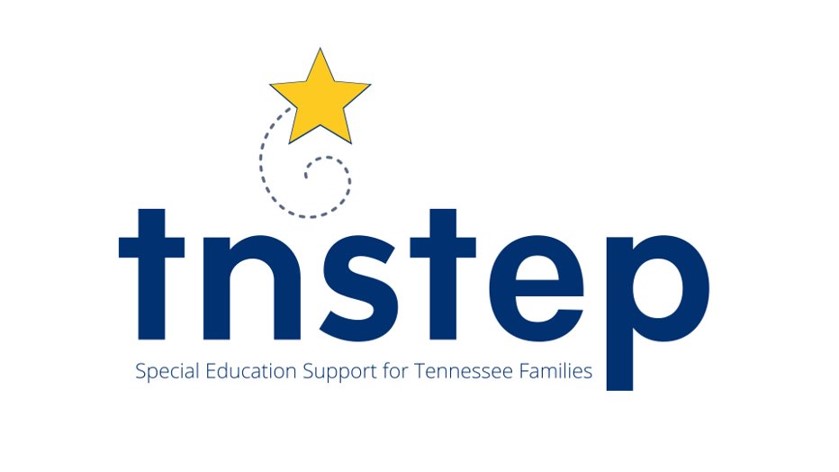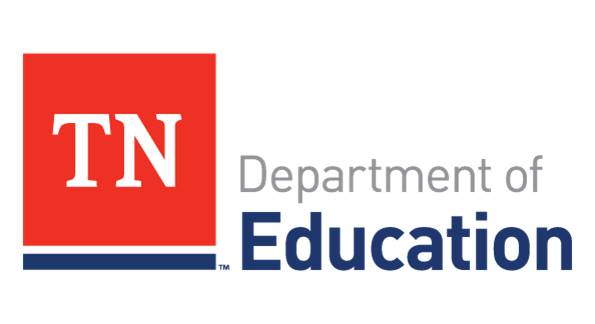In Tennessee, RTI (Response to Intervention) is a program for ALL students in the areas of reading and math. Throughout the school year,teachers use RTI assessments to find out how students are doing and to check on student progress. If a student is performing behind their peers in reading, math or both subjects, the student will participate in intervention programs to work to improve their performance.
Parents should feel free to talk with the teacher about your child’s progress and ask what can be done at home to help your child. If you think your child is not making progress using RTI interventions, you may request, in writing, an evaluation for special education, and the school must respond to your request.
Tennessee’s special education category of Specific Learning Disability uses RTI assessment/progress data to determine special education eligibility.
Special education law provides what is called “Procedural Safeguards” to protect parent and student rights, including the area of special education eligibility.
The Tennessee Department of Education has created a one-page document and PowerPoint that outlines five tips for school districts to review and follow to avoid violating student and parent safeguards in the area of RTI services.
For more information about RTI, please refer to STEP’s RTI one page guide and Tennessee Department of Education RTI manual.
The new one-page document about RTI from the TN Department of Education reads:
Five Tips for Avoiding Procedural Violations within RTI
2
RTI2 Pitfalls
1. Focus on the Data
- Focus on the progress; do not get caught up in the process.
- Language matters. Talk about the student and his/her learning, not about the RTI2 process.
- Data points are not the point; progress is. Data points help us understand trends in progress and
inform instructional decisions.
2. Respond to the Data
- If it is not working, change it!
- Do not collect data for the sake of collecting data.
- Use your data to drive instructional decisions.
3. Respond Appropriately to Requests for Evaluation
- RTI2 cannot be used to deny/delay a request for evaluation [OSEP Memo 07-11].
- Common language pitfalls: “He/She has to go through RTI2 first,” or “We don’t have enough data
points.” These statements are focused on the process, not the student.
4. Avoid Predetermination
- All decisions regarding eligibility and placement must be made by the IEP team.
- Common language pitfall: “He/She has not been in RTI2 long enough. If we test him/her now, he/she
won’t be eligible.” This statement predetermines eligibility before an evaluation has been completed.
5. Refer Anytime a Disability is Suspected
- Ensure you have a clearly communicated process for referrals from parents and teachers (i.e., clear
child find procedures) for all disabilities, including specific learning disability. - School teams must consider all data, including medical diagnoses and/or outside evaluations.

